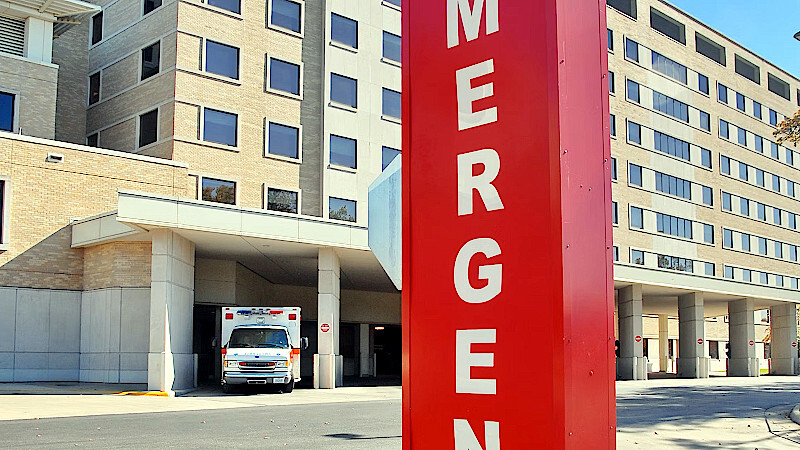Harris Health System (HHH) officials said that a recent quarterly water test led to the discovery of Legionella bacterium in the water supply at Ben Taub Hospital, Houston-based media outlets reported.
Per Houston CBS affiliate KHOU, HHH confirmed that three areas with three levels slightly above industry standards of the bacteria, which causes Legionnaires’ disease, were found at the hospital’s Neuro Psychiatric Center.
HHH said that it shut down and restricted access to the affected areas, but no one was affected by the water, KHOU reported.
“Legionella is a naturally occurring bacterium in water systems and can easily grow in stagnant water,” the health care system said in a statement. “Our teams, including an outside expert service, quickly completed remediation of the areas. We are now awaiting follow-up test results of new water samples for those areas.”
The Centers for Disease Control and Prevention (CDC) on its website explained that Legionnaires’ disease “is a serious type of pneumonia,” saying people can contract it when they breathe in water droplets or accidently swallow Legionella laced water.
Toxicologist Dr. Noreen Khan-Mayberry said that Legionella should be taken seriously, especially by those who smoke, older than the age of 50, have pre-existing lung conditions and are immunocompromised, Houston FOX affiliate KRIV reported.
"Avoiding contact with the water is the most important thing,” Khan-Mayberry told KRIV. "Making sure you aren’t around any water droplets in the air. Avoiding things that can cause water to aerosolize. Showering, washing hands and flushing toilets as well."
According to the CDC, the bacteria received its name following an outbreak in Philadelphia in 1976. Individuals who attended an American Legion convention during the outbreak presented that they came down with pneumonia, or a lung infection.
Ten percent of those who get infected will die, the CDC said.

